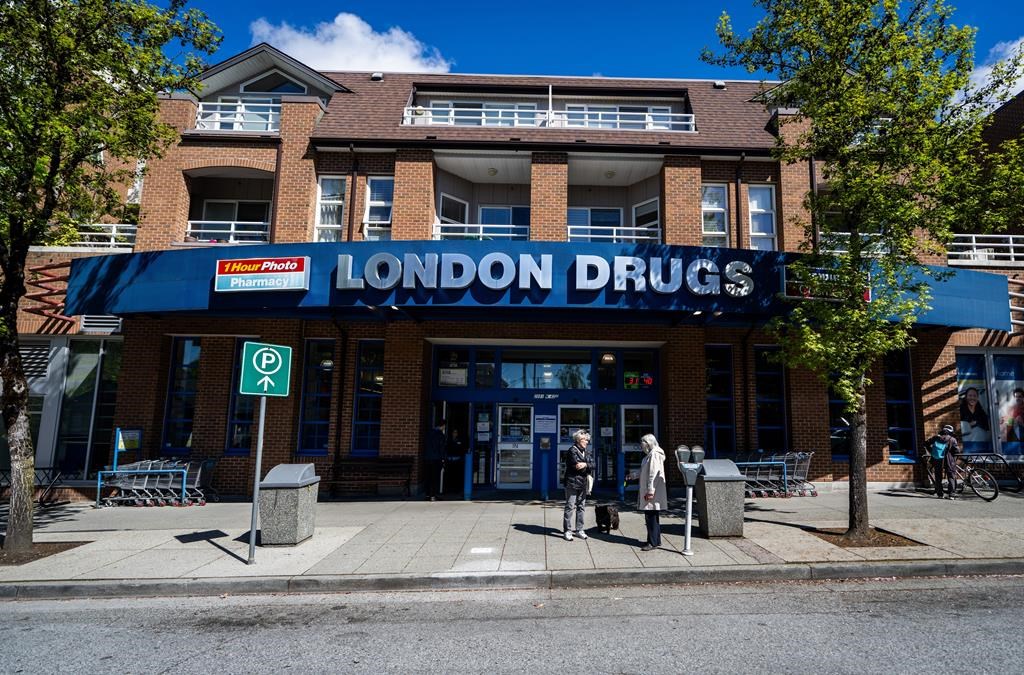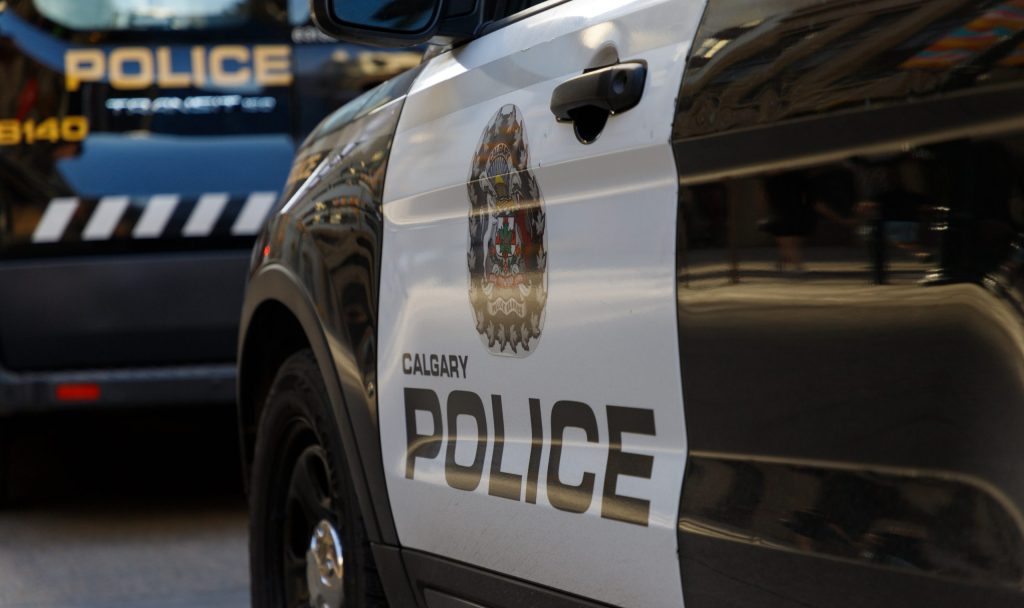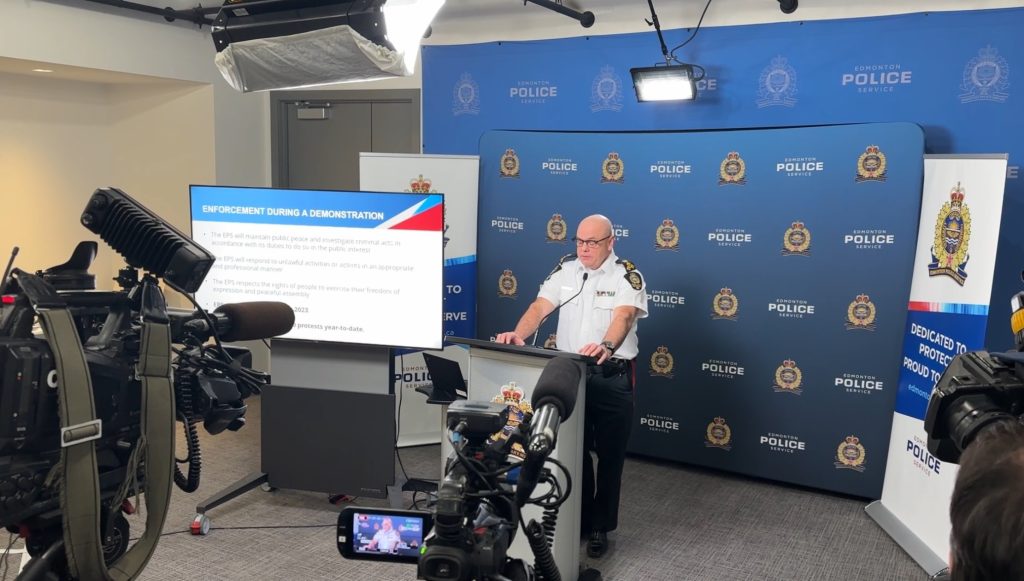Prime Minister Justin Trudeau praises veterans, reopens support office
Posted Nov 10, 2016 2:00 am.
Last Updated Nov 10, 2016 2:20 pm.
This article is more than 5 years old.
SYDNEY, N.S. – Justin Trudeau paid tribute to Canada’s veterans Thursday during an emotional visit to a Royal Canadian Legion branch in Cape Breton, where the prime minister chatted and posed for selfies with old warriors, many of them wearing rows of medals from past conflicts.
The visit, scheduled a day before Remembrance Day, followed the official reopening of a Veterans Affairs office in Sydney, which was closed amid much protest in January 2014 when Stephen Harper was prime minister.
“The closing of the service centre here in Sydney was a catalyst for change, symbolizing the neglect that veterans were subject to under the previous government,” Trudeau told a crowd of about 200, most of them shivering as an icy wind cut across the front of the newly renovated building.
“Today, we’re doing what we should do much more of: honouring our men and women in uniform, past and present.”
Ron Clarke of Georges River, N.S., a 36-year veteran with the Canadian Army, was waiting at Royal Canadian Legion Branch 128 when Trudeau arrived to meet with the dozens of veterans gathered there.
The prime minister embraced Clarke like and old friend and thanked him for his hard work.
Clarke, 76, had tears in his eyes and his voice cracked with emotion as he explained what the reopening meant to him.
“The veterans can now go to the office and speak with their counsellors and not worry about telephones or computers,” he said. “They’re going to get their one-on-one, like we asked for … Jeez, it’s great to sit down and talk to a person and get your message across.”
Trudeau said the Conservative party had “lost its sense of what was actually important” when it shuttered nine Veterans Affairs offices across the country in 2014, including Cape Breton’s only dedicated office.
At the time, veterans reported being overwhelmed by paperwork, and the Nova Scotia government demanded an emergency meeting with then-veterans affairs minister Julian Fantino, which never happened.
Fantino had argued the services were just being shifted to Service Canada centres and online, which he claimed would enhance access.
But the office closures became part of a larger narrative about the Harper government’s treatment of former soldiers, sailors and airmen, amid a growing list of complaints about pensions, benefits and lack of treatment for mental illnesses.
Harper’s cost-cutting move prompted vigorous protests. Rallies were held in several cities.
That’s when Clarke launched an “Anyone-But-Harper” campaign, and later won a commitment from Trudeau — then an opposition leader — to reopen the offices.
On Thursday, Clarke, dressed in a sky-blue blazer to signify his work as a peacekeeper, said the Tory bid to have veterans solve their problems online was a “total flop.”
“It was brutal. Unbelievable.”
During his military career, Clarke was posted to Germany, Cyprus, Namibia, the Northwest Territories and Vietnam, where he endured a particularly gruelling assignment.
Ten years after his retirement in 1992, he was diagnosed with post-traumatic stress disorder.
“I knew it all along, that I had problems,” he said. “I fought it for as long as I could.”
With the help of Veterans Affairs, he received treatment and follow-up guidance in Sydney — until the office was closed.
Now, two years later, he said the fight to get the office reopened was worth it.
“Now I can go to somebody who understands,” he said, as veterans, friends and family gathered at long, wooden tables to have lunch. “I know a lot of veterans are happy today. Not just me.”
At Thursday’s ceremony, Trudeau said it was a priority for his year-old government to re-open veterans’ offices across the country. He said they plan to open a 10th office in Surrey, B.C., and said hundreds of staff have been hired across the country to lower wait times and improve service.
Veterans Affairs Minister Kent Hehr said the new Sydney office will employee 15 people, and about 140 veterans will also work with case managers.
“We are committing to ensuring that they get the support that they deserve,” Hehr said, noting that about 2.3 million Canadians have served in the military since Confederation. “I can’t imagine a more appropriate tribute so close to Remembrance Day.”










